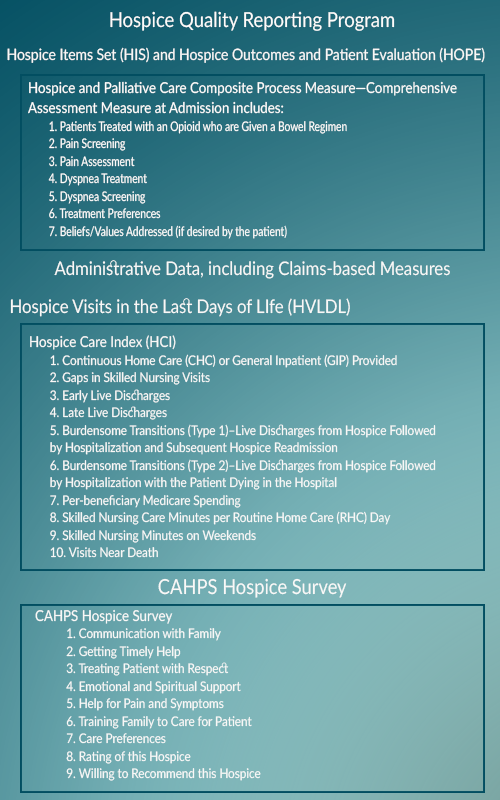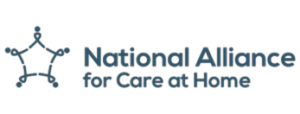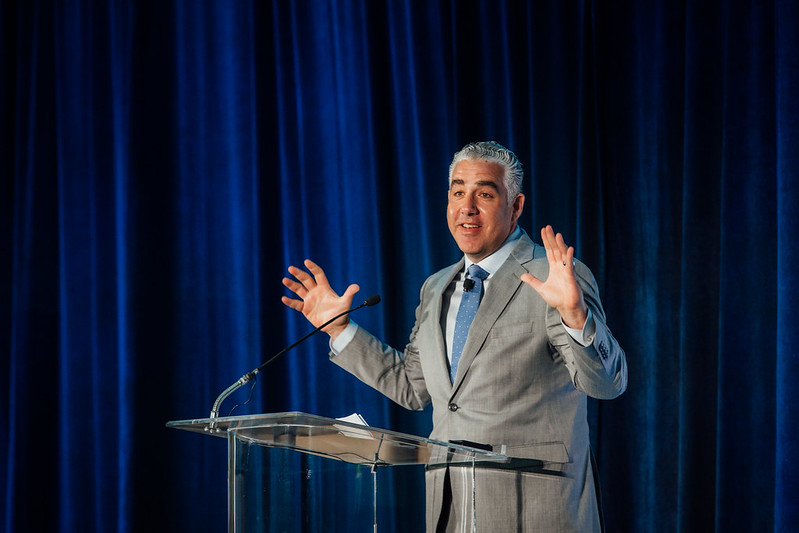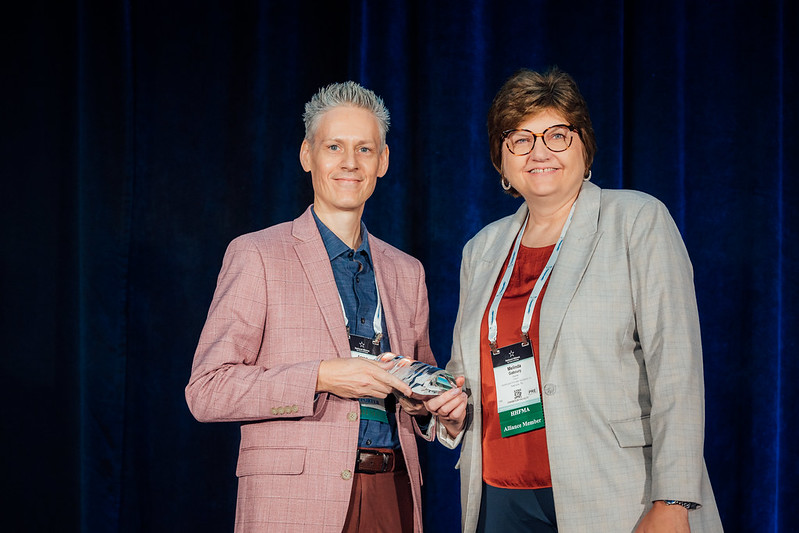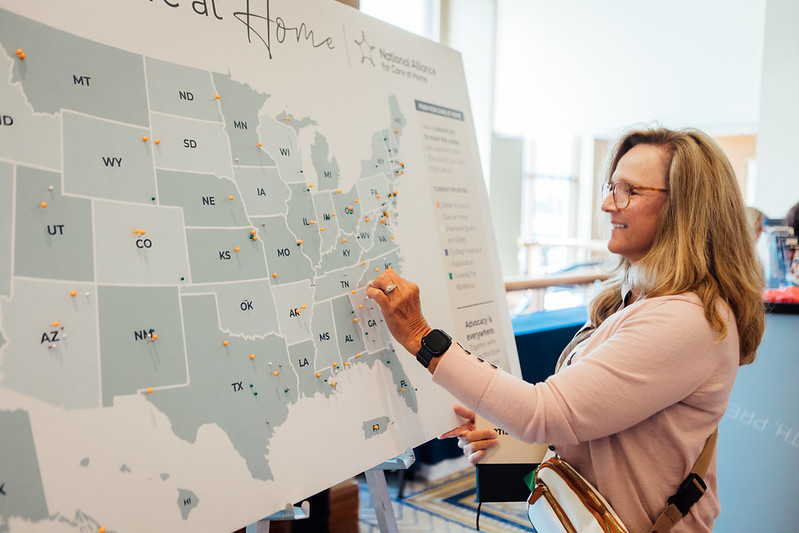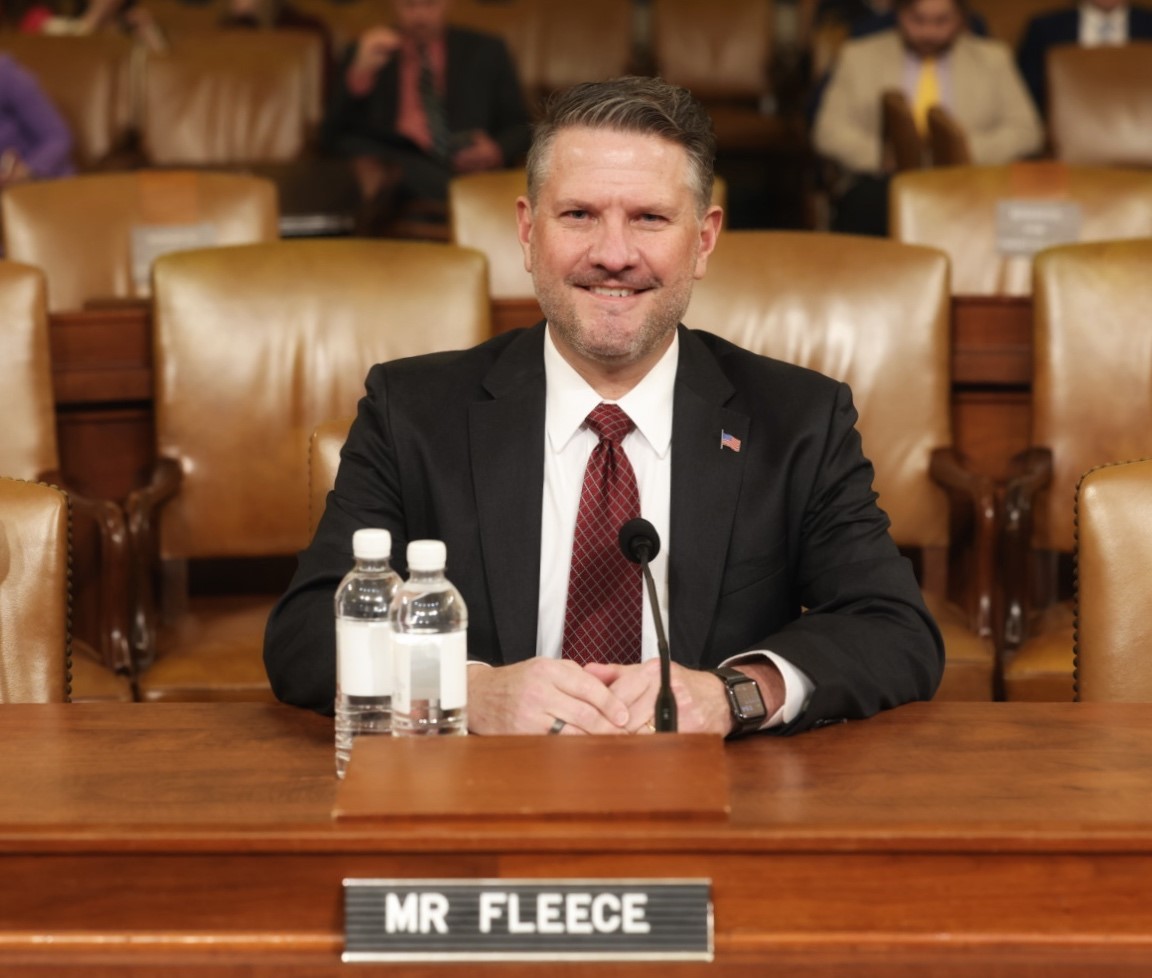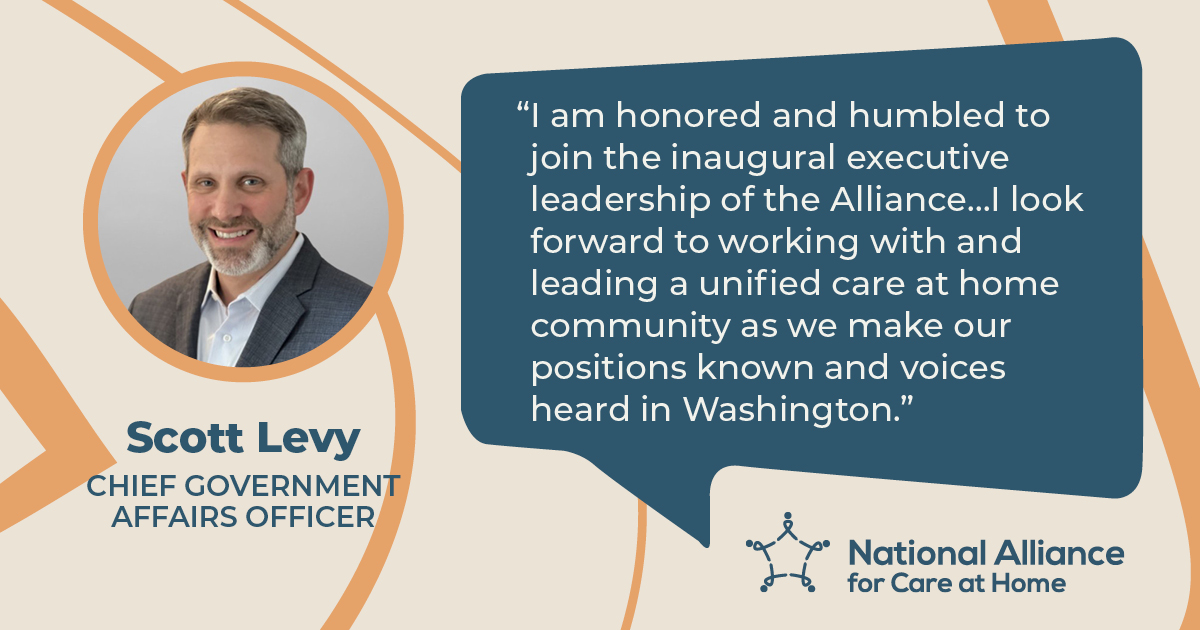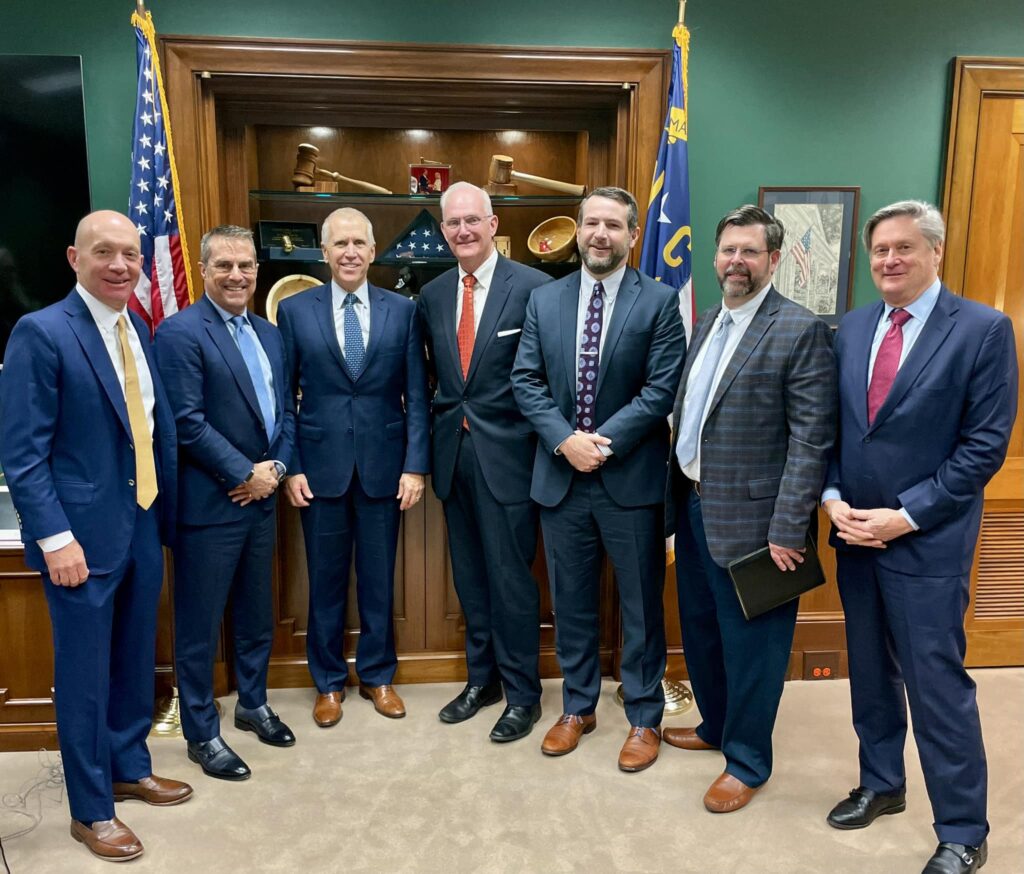Research Institute Joins Alliance
August 20, 2025
Contact: Elyssa Katz
571-281-0220
communications@allianceforcareathome.org
Research Institute for Home Care and National Alliance for Care at Home Ink Affiliation Agreement
Alexandria, VA and Washington, DC, August 20, 2025 – The Research Institute for Home Care (the Institute) and the National Alliance for Care at Home (the Alliance) have entered into an affiliation agreement to strengthen and expand research efforts while further unifying the care at home movement. The agreement is effective immediately.
Research Institute for Home Care
Since its founding in 2008, originally as the Alliance for Home Health Quality & Innovation, the Institute has invested in research and education about home care and hospice and its ability to deliver quality, cost-effective, patient-centered care, demonstrating the value proposition for patients and the entire U.S. healthcare system. With this affiliation, the Institute will remain an independent research organization, continuing to pursue its mission of funding and promoting research to inform policy and identify best practices and care models that expand access to healthcare in the home. Its vision remains clear: promoting healthy patients and communities through home care research, education, quality, and innovation.
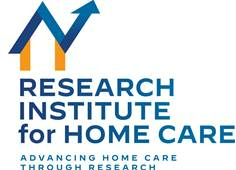
The Institute’s Board of Directors will continue to independently oversee its research agenda and initiatives. The Alliance will provide comprehensive management support for the Institute’s operations. At the launch of the affiliation, Dr. Steve Landers, CEO of the Alliance, will also serve as the President of the Institute. Jennifer Schiller, the former Executive Director of the Institute, has joined the Alliance leadership team and will continue to support Institute initiatives along with other Alliance leaders. Jennifer Sheets, Founder and CEO of Carezzi, will remain the Board Chairman of the Institute.
The enhanced collaboration and amplification opportunities provided by this affiliation elevate and unify the care at home movement. Together, the strengthened Alliance and Institute leadership will continue to invest in and focus on critical home care and hospice industry research and data to inform effective policy, clinical practice, and underscore the value of home-based care.
In Their Own Words
“We are thrilled to announce our affiliation with the Research Institute for Home Care. The Institute’s more than decade-long commitment to rigorous research perfectly complements our mission. This affiliation strengthens our ability to further demonstrate that care at home is the preferred choice for patients and families and the highest-value option for our healthcare system.”
“This is an important milestone for the Institute that will amplify our research impact while preserving our integrity and academic rigor. By joining forces with the Alliance, we ensure that evidence-based findings continue to inform policy and best practices that benefit patients, families, and the entire healthcare system.”
Director Agreement
The decision, reached by both organizations’ independent Boards of Directors, reflects the shared recognition that care at home is at a pivotal juncture. By combining the Alliance’s resources with the Institute’s research expertise, the partnership positions both organizations to influence policy, strengthen clinical practice, and advance innovation in care at home.
“The timing of this affiliation reflects a shared recognition that care at home stands at a critical juncture. By bringing together the Alliance’s resources with the Institute’s research expertise, we are better positioned to navigate today’s complex healthcare landscape and drive meaningful policy change. This partnership represents a strategic investment in the future of home-based care that will benefit providers, patients, and policymakers alike,” said Ken Albert, Board Chair for the Alliance.
# # #
About the National Alliance for Care at Home
The National Alliance for Care at Home (the Alliance) is the leading authority in transforming care in the home. As an inclusive thought leader, advocate, educator, and convener, we serve as the unifying voice for providers and recipients of home care, home health, hospice, palliative care, and Medicaid home and community-based services throughout all stages of life. Learn more at www.AllianceForCareAtHome.org.
About the Research Institute for Home Care
The Research Institute for Home Care (the Institute) is a non-profit, national consortium of home care providers and organizations. The Institute invests in research and education about home care and its ability to deliver quality, cost-effect, patient-centered care across the care continuum. The Institute is committed to conducting and sponsoring research and initiatives that demonstrate and enhance the value proposition that home care has to offer patients and the entire U.S. healthcare system.

